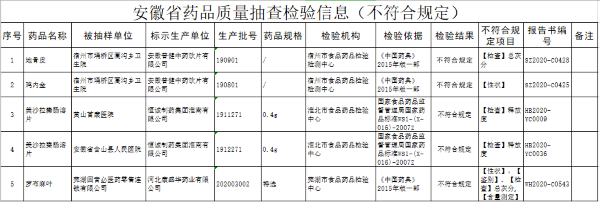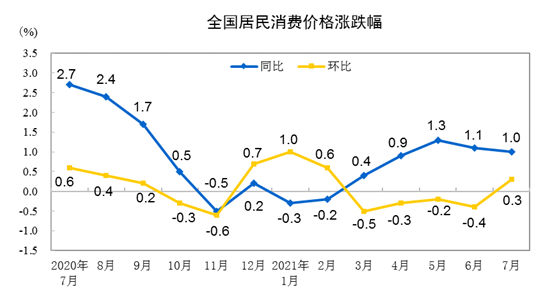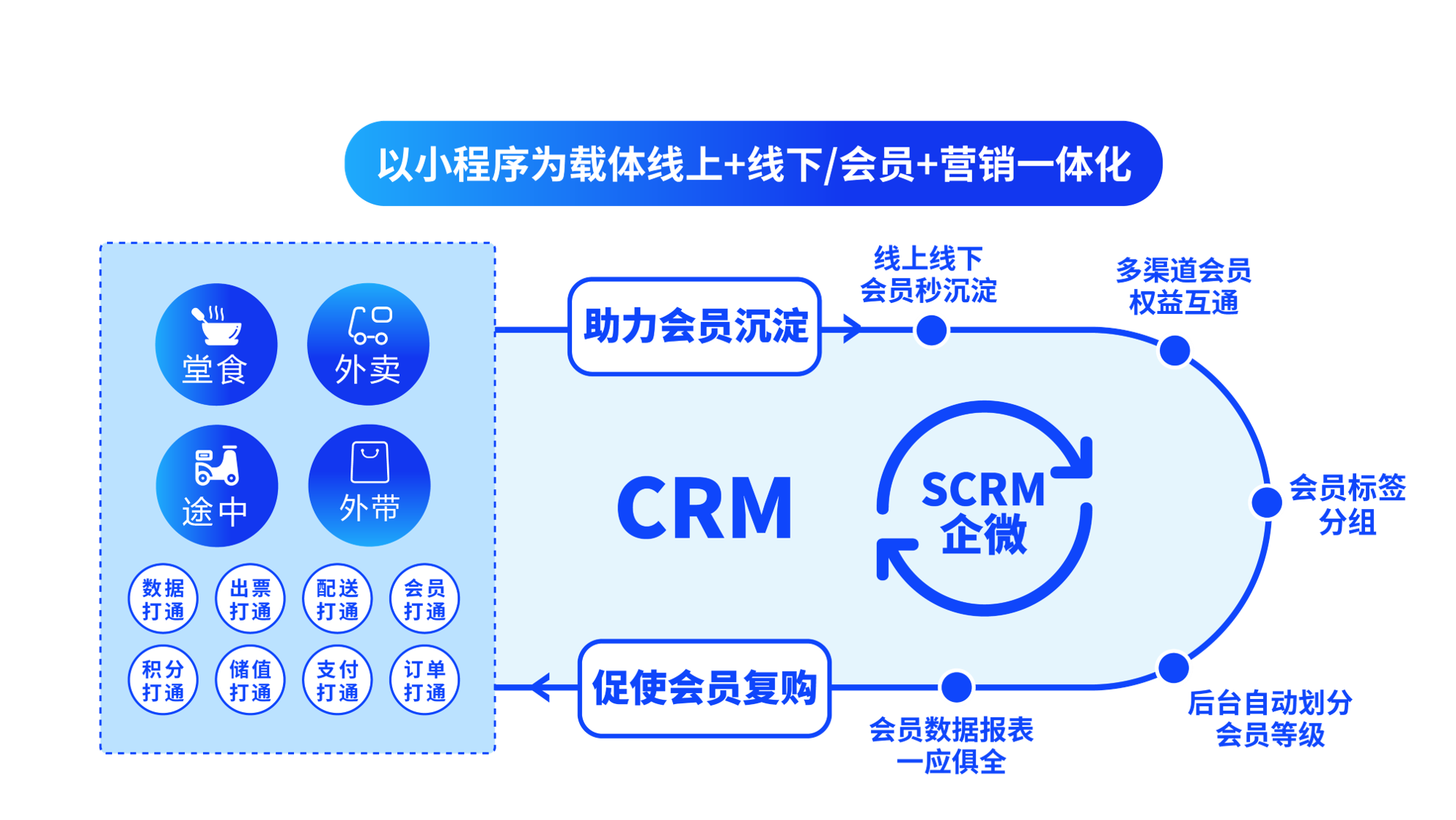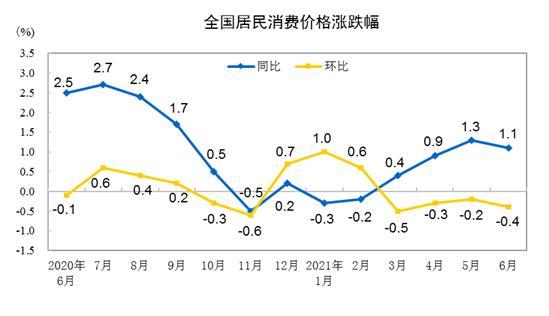新华社:中国没必要在GDP增长上玩弄数字游戏
新华社英文评论称,中国没必要在GDP增长上玩弄数字游戏。
中国有充足的政策工具保持经济增速在6.5-7%的区间,包括货币政策和财政政策,以及结构性改革。
中国会在维持经济增速的同时继续推进改革。
中国经济再平衡和持续增长的可能性将由时间来证明,而不是分析师。
附英文版原文:
Commentary: No need for China to fake steady GDP growth
Chinas economy has achieved steady growth of 6.7 percent for three consecutive quarters, leading many analysts to suspect that there has been a bit of untoward data smoothing.
However, the reality is that the government simply has no incentive or necessity to whitewash the real economic picture.
Its routine for people to view economic data from China, the worlds second largest economy, with skeptical eyes, and the fact GDP growth was exactly the same for three consecutive quarters, a first since such figures were released in 1992, raised more than a few eyebrows among commentators.
However, it would not be much of a whitewash by the statistics bureau to indulge in fabrication as such moves would inevitably draw widespread skepticism.
In reality, there is no need to play the numbers game. The government has set up a flexible GDP growth range of between 6.5 percent to 7 percent this year, and China has ample policy tools, including monetary and fiscal policy as well as structural reforms, to keep the economy within this range.
Smoothing the data might seem the easiest way to an end, but the government well-knows that it would be an act of self-delusion that could easily derail structural reforms and hurt economic growth in the long run.
Admittedly, there have been cases of faking statistics, especially by provincial governments; provinces in northeast China were found doctoring GDP data during an anti-corruption probe late last year.
To solve the problem, China adopted IMF standards to strengthen its data system last year and national statisticians now collect their own independent provincial data to ensure accuracy. Earlier this month, the Chinese leadership called for the prevention of fake government statistics and vowed to punish offenders accordingly.
Regardless, central government is now edging away from evaluating local officials solely based on GDP performance, further reducing the incentive for statistics bureaus to massage the figures.
The identical quarterly performance three times in a row is clearly a coincidence, but the implication that China has a stabilizing economy is of no surprise at all.
There is an increasing consensus that GDP data as a key gauge of economic performance is somewhat outdated. It does not necessarily paint the real economic picture, and being overly GDP-oriented can be counterproductive.
There is other economic data that is particularly difficult to manipulate, including electricity output, freight traffic and logistics volume, which all show signs of stabilization and point to a recovery in factory activity and consumption.
Yes, data can be faked just as opinions can be biased, but it is often easier to question the accuracy of economic data rather than attempting to gain a real insight into economic trends through detailed research.
Nevertheless, China will continue to press ahead with its reforms while maintaining economic expansion. Time, not analysts, will tell whether Chinas economic rebalancing and sustainable growth are a miracle or mirage.












